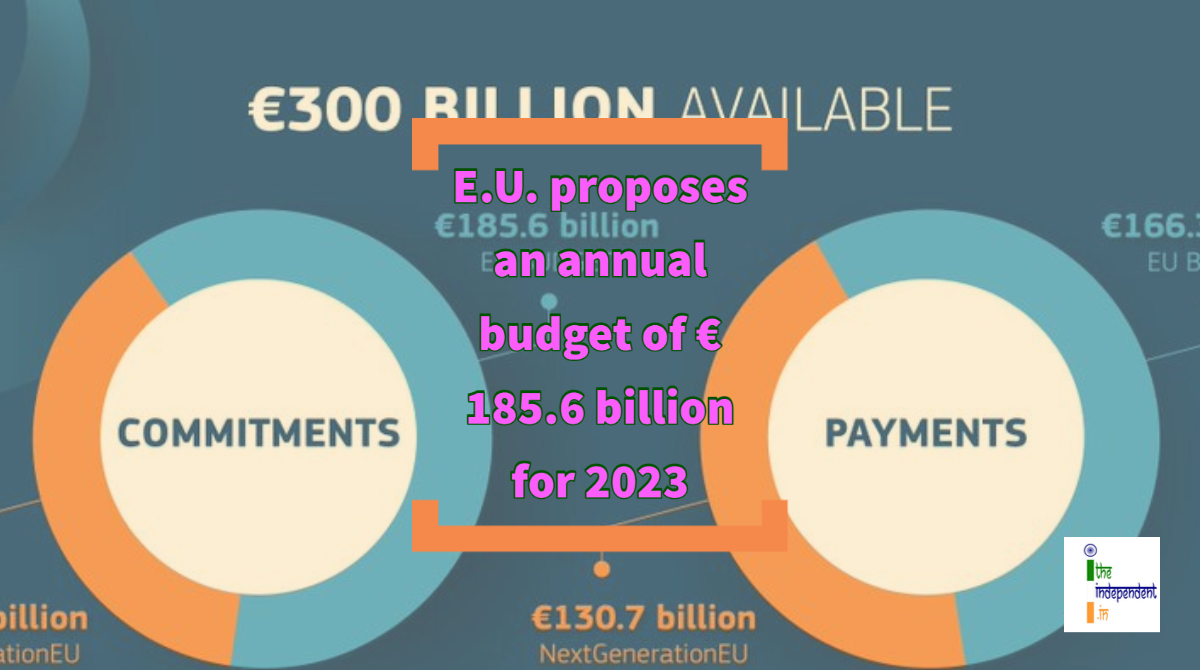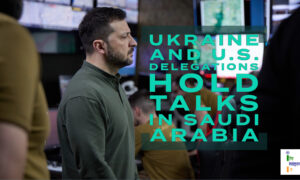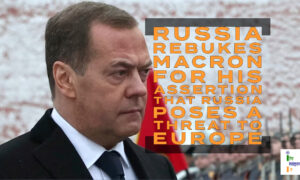
The E.U. budget will help boost Europe’s strategic autonomy, the ongoing economic recovery from COVID-19, safeguard sustainability and create jobs
The European Commission has proposed an annual European Union (E.U.) budget of € 185.6 billion for 2023, complemented by another € 113.9 billion in grants under NextGenerationEU.
The E.U. budget will help boost Europe’s strategic autonomy, the ongoing economic recovery from Coronavirus (COVID-19), safeguard sustainability and create jobs. The Commission will continue to prioritise green and digital investments while addressing pressing needs arising from recent and current crises.
These financial means will continue to rebuild and modernise the European Union and strengthen Europe’s status as a strong global actor and reliable partner. As per European Council, additional proposals will be tabled to finance the impact of Russian invasion of Ukraine.
Taking it to twitter, the European Commission tweeted,
The EU budget helps Europe shape a changing world.
— European Commission
Complemented with #NextGenerationEU funds, the #EUbudget will continue empoweringto respond to the most crucial recovery needs, prioritising green and digital investments while addressing current and future challenges.
(@EU_Commission) June 7, 2022
It further tweeted,
The draft annual budget for 2023 is focusing on:
— European Commissionboosting the EU's strategic autonomy
supporting the ongoing economic recovery
safeguarding sustainability
creating jobs#EUbudget pic.twitter.com/TUbHEexjIn
(@EU_Commission) June 8, 2022
Of these funds, E.U. will spend € 103.5 billion in grants from NextGenerationEU under the Recovery and Resilience Facility (RRF) to support economic recovery and growth following the pandemic and to address the challenges posed by the war in Ukraine. € 53.6 billion will be used for the Common Agricultural Policy and €1.1 billion for the European Maritime, Fisheries and Aquaculture Fund, for Europe’s farmers and fishers.
It will allocate € 46.1 billion for regional development and cohesion to support economic, social and territorial cohesion, as well as infrastructure support for green transition and E.U. priority projects. € 14.3 billion will support partners and interests in the world, of which € 12 billion will be utilised under the Neighbourhood, Development and International Cooperation Instrument (NDICI), A total of € 2.5 will be kept for the Instrument for Pre-Accession Assistance (IPA III) and € 1.6 billion for Humanitarian Aid (HUMA).
€13.6 billion will be for research and innovation, € 4.8 billion for European strategic investments and another € 4.8 billion for people, social cohesion and values. € 2.3 billion will be set aside for environment and climate action. It will allocate € 2.2 billion for spending dedicated to space, mainly for the European Space Programme and € 2.1 billion for protecting their borders.
€1.6 billion will go for migration-related spending, € 1.2 billion will address defence challenges, € 927 million will ensure the smooth functioning of the Single Market, € 732 million will be for EU4Health to ensure a comprehensive health response to people’s needs. A sum of € 689 million will be used for security and € 138 million will be for secure satellite connections under the proposal for a new Union programme, the Union Secure Connectivity Programme.







